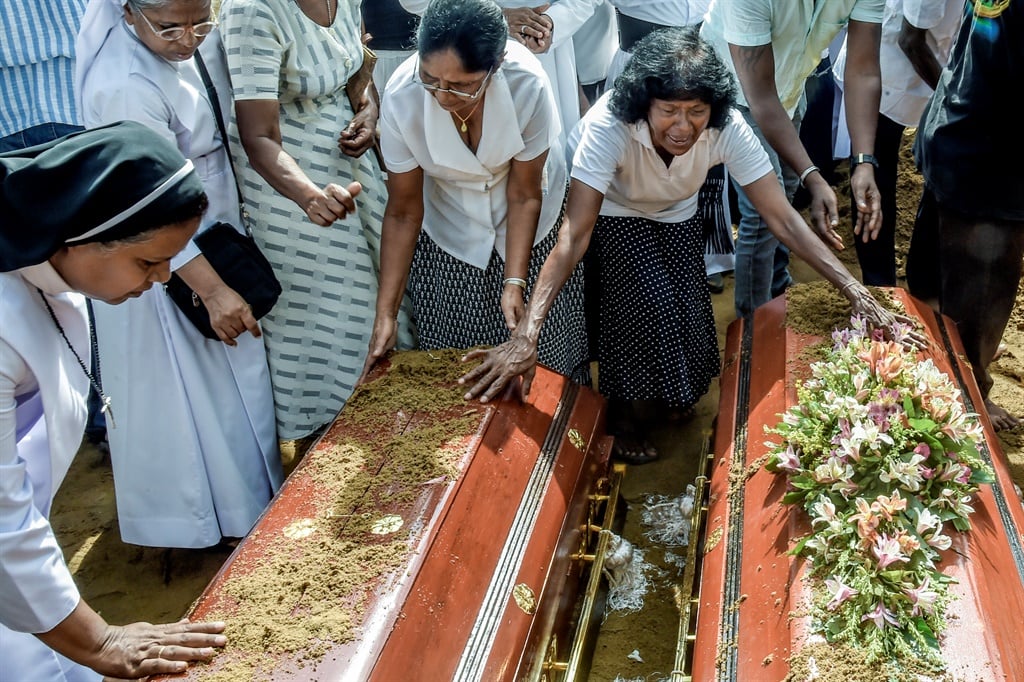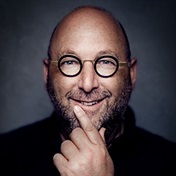
We use the word Jew, Muslim or Buddhist with ease. Why then has it become politically uncomfortable to say the word Christian? And when did this dangerous and perplexing shift occur, asks Howard Feldman.
We are in desperate need of a word for the hatred and persecution of Christians. Without it, we lack the ability to speak of it. And if we can't even name it, then we can hardly expect to tame it.
I keep wondering if it is at all possible that South Africans just don't care. Because on the face of it, it appears that we are unmoved by terror attacks that took place in Sri Lanka over the weekend. When nearly 300 people, many of them Christians at prayer, are murdered on what is arguably their most holy day of the Christian year, South African Twitter trends, were, in order:
#MenAreTrash
#MotivationMonday
#TakealotLovesMom
#ClicksMotherDay
Whereas I don't doubt the appeal of the Men Are Trash-hashtag, and following what they did in Sri Lanka, I certainly could get behind it, I am still somewhat dismayed that we don't seem concerned enough by the events for the conversation to trend on Twitter. Ironically, perhaps, the lead hashtag is more apt than we realised.
There are a number of possible reasons that this is the case:
- We are unmoved by the death of Christians
- We are unmoved by the death of Sri Lankans
- We are so caught up in our own stuff that we are unmoved by the death of others
With regard to the Christian issue, we are not the only ones who appear to have some difficulty with it. Both Barack Obama and Hillary Clinton tweeted about the murder of "Easter worshippers", making them seem more like quaint islanders who were engaging in sun worshiping rituals than they were people at prayer. Why did the easily available and descriptive word "Christian" never occur to them to use? Rather, it seemed to stick in their throat, which is perplexing in of itself.
We use the word Jew, Muslim or Buddhist with ease. Why then has it become politically uncomfortable to say the word Christian? And when did this dangerous and perplexing shift occur?
Attacks on Christians are becoming increasingly common. Christians are in fact experiencing the highest number of religion-based deaths per annum. And yet we don't even have a word to describe it. Hatred of Muslims is referred to Islamophobia, baseless hatred of Jewish people is anti-Semitism but Christians have no way to describe the onslaught. How is this even possible?
The world rallied when the Notre Dame burned. It came together when Muslims at prayer were murdered in Christchurch, New Zealand – as it should have. Reporting was emotive and extensive, and it rightfully trended for days. We seemed to recognise that an attack on a mosque is an attack on us all and that no one should ever be made to feel vulnerable at prayer.
The same occurred when Jews were attacked and murdered in a Pittsburgh Synagogue in the United States last year. The event triggered deliberations around the increase of anti-Semitic incidents and the discussions were informative and valuable.
Some have suggested that in the case of New Zealand that the perpetrators came from the extreme right and not the extreme left. These definitions border on the absurd in that the ideology of both extreme groups is so similar that they most definitely belong to the same WhatsApp group. Only with different names. Hate, intolerance and arrogance are common to them both and to see them as fundamentally different is to negate the very real dangers of extremism – no matter where it comes from.
South Africans have shown relatively little interest in the plight of its Zimbabwean neighbours. Although we got there in the end, the floods in Mozambique were slow to register, and when an attack on a university in Kenya occurred a few years ago, it hardly impacted at all. Sri Lanka is further and more disconnected. But so is New Zealand, so this should hardly matter.
It cannot be that South Africans just don't care. The compassion and sensitivity of our nation are well known. It cannot be possible that 300 people, many of them Christians, murdered whilst at prayer on arguably the holiest day of the year failed to move us. And yet, for whatever reason, we prefer to focus on the fact that for some, Men Are Trash. Perhaps we need to consider the irony of this.
- Howard Feldman is a keynote speaker and analyst. He is the author of two books and is the morning talk show host on ChaiFM.
Disclaimer: News24 encourages freedom of speech and the expression of diverse views. The views of columnists published on News24 are therefore their own and do not necessarily represent the views of News24.




 Publications
Publications
 Partners
Partners























